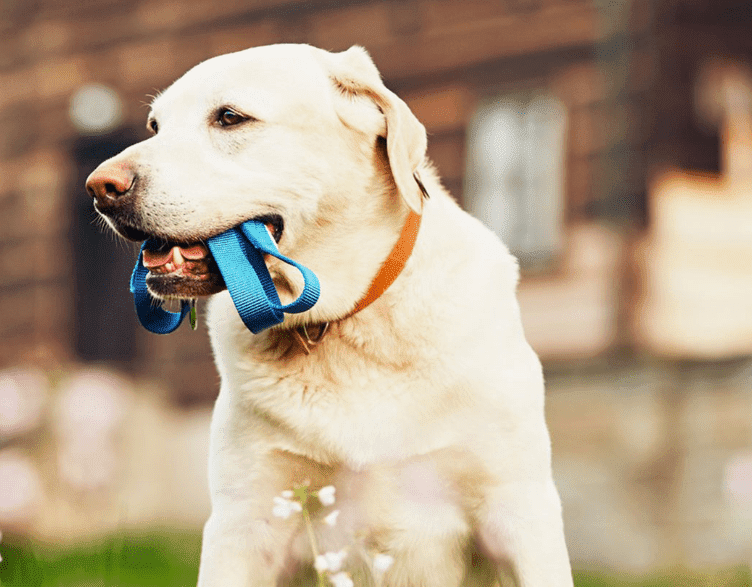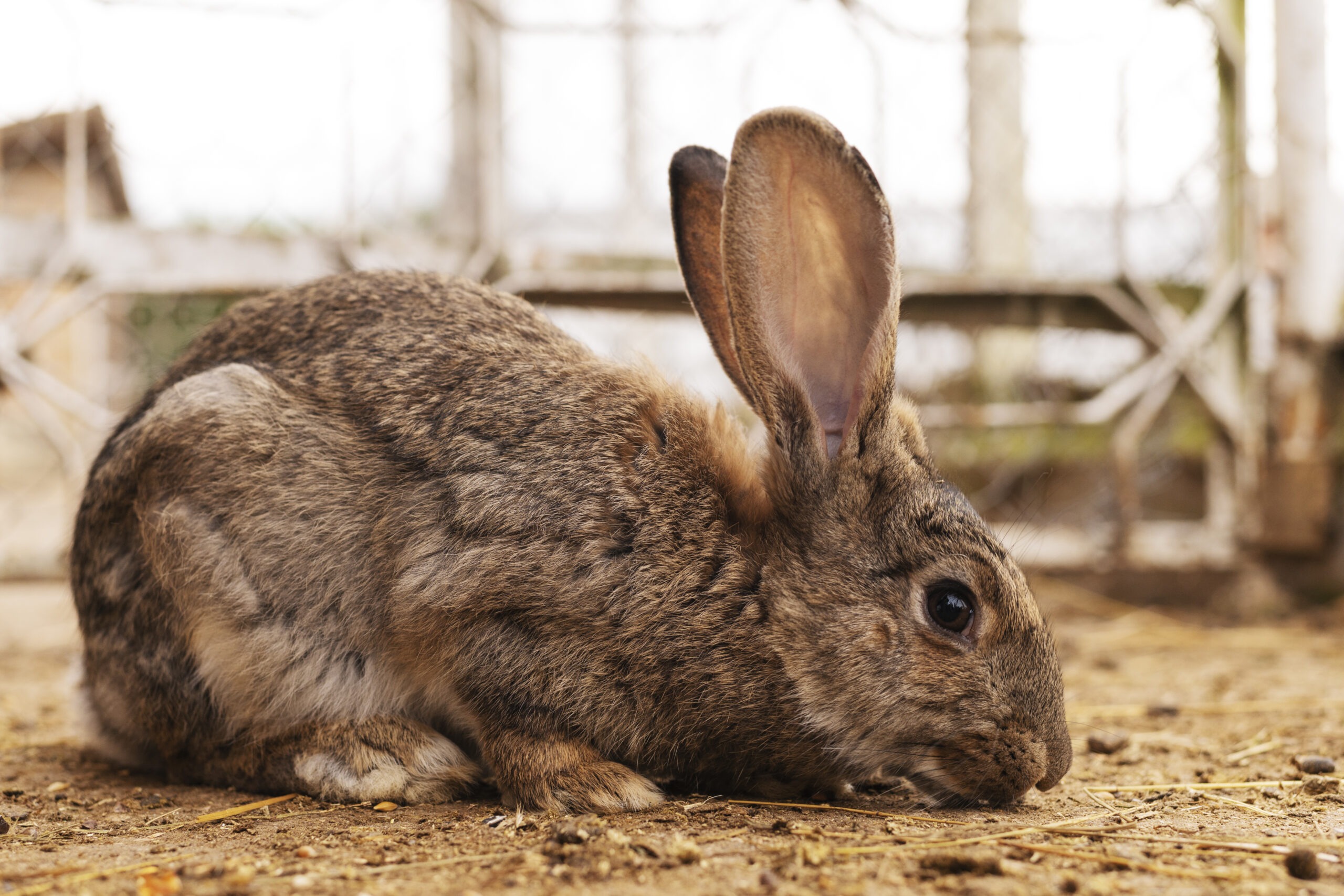Dietary Allergies and Sensitivities: Managing food allergies and sensitivities in pets and selecting suitable diets.
Just like humans, pets can experience dietary allergies and sensitivities, which can impact their overall health and well-being. Here, we explore how to identify and manage these issues, ensuring your furry friend enjoys a happy and comfortable life.
Recognizing Allergies and Sensitivities: Common signs of dietary allergies and sensitivities in pets include digestive issues, skin problems, itchiness, vomiting, and diarrhea. If you notice any of these symptoms, consult with your veterinarian for a proper diagnosis.
Allergens in Pet Food: The allergens can vary but often include proteins like chicken, beef, dairy, or grains like wheat and corn. Identifying the specific allergen is a crucial step in managing dietary issues.
Consult with a Veterinarian: A veterinarian is your best ally in managing your pet’s dietary allergies. They can perform allergy tests or recommend an elimination diet to pinpoint the problematic ingredients.
Selecting Suitable Diets: Once you identify the allergen, your vet can help you choose a suitable diet for your pet. This may involve switching to hypoallergenic or limited ingredient diets that exclude the allergen.
Reading Labels: Be diligent about reading pet food labels and selecting products that are free of the allergen. South Africa has stringent regulations for pet food labeling, ensuring transparency in ingredient lists.
Homemade or Commercial: Depending on your pet’s needs and your preferences, you might consider preparing homemade pet food under the guidance of a veterinarian or selecting a suitable commercial diet.
Managing dietary allergies and sensitivities in pets may require patience and perseverance, but with the right guidance, your pet can enjoy a comfortable and healthy life free from dietary discomfort.



















